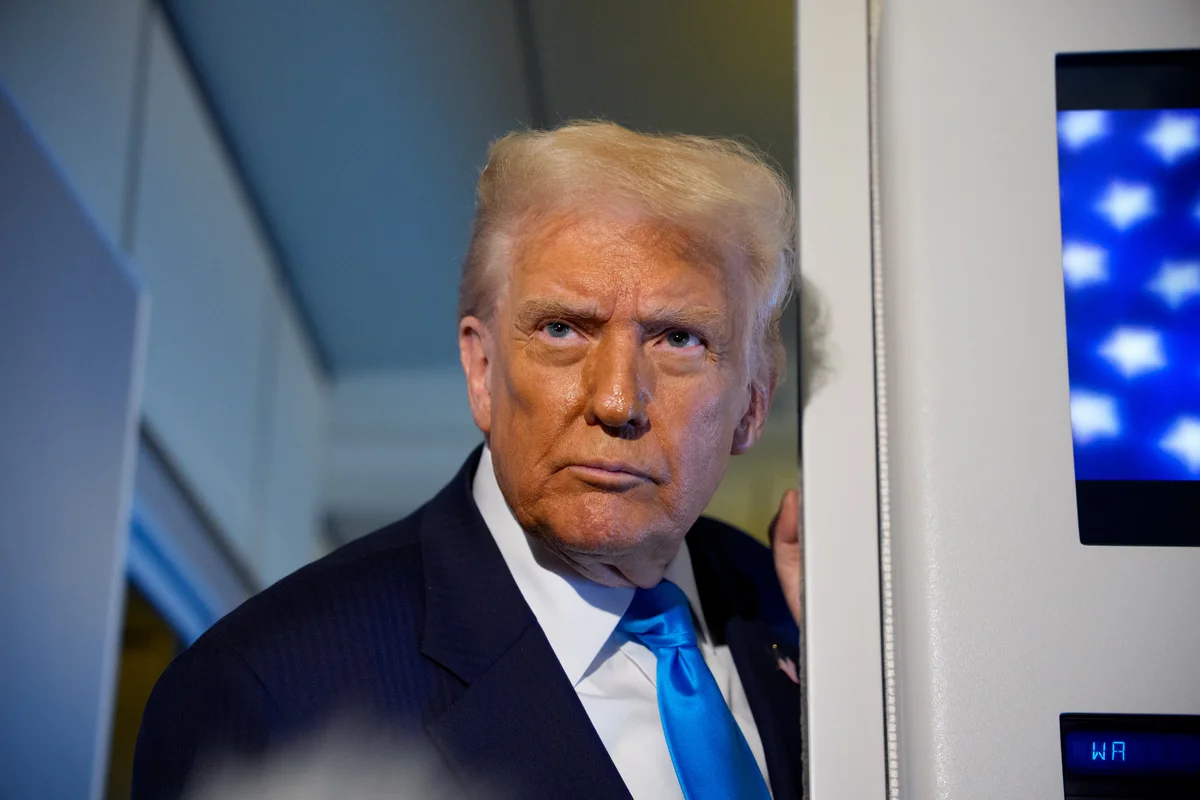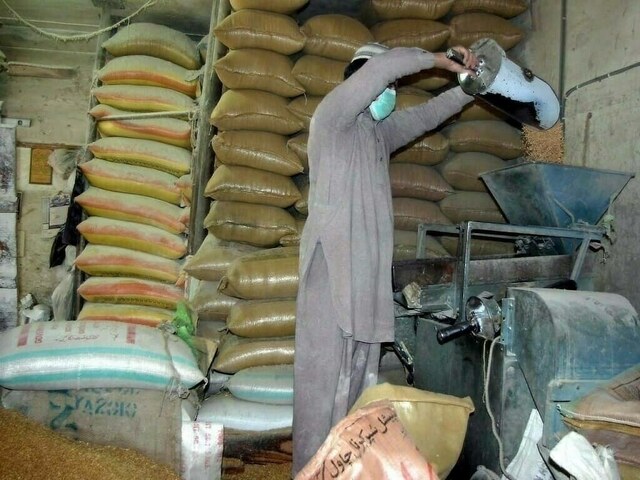Copyright Scientific American

Ahead of a meeting with Chinese president Xi Jinping on Thursday, President Donald Trump said the U.S. will resume nuclear testing, ending a 33-year moratorium. “Because of other countries [sic] testing programs, I have instructed the Department of War to start testing our Nuclear Weapons on an equal basis,” Trump announced on his social media platform Truth Social. The U.S. last tested a nuclear weapon in an underground experiment in the Nevada Test Site in 1992, a marker of the end of the cold war. That last test concluded a decades-long testing program that included more than 1,000 detonations conducted by the civilian Department of Energy, which oversees the U.S. nuclear stockpile. On supporting science journalism If you're enjoying this article, consider supporting our award-winning journalism by subscribing. By purchasing a subscription you are helping to ensure the future of impactful stories about the discoveries and ideas shaping our world today. The Project 2025 report, now acknowledged by Trump as an indicator of his administration’s policies, had called for resuming U.S. nuclear testing, to ensure the performance of the nuclear stockpile. Trump’s announcement follows recent Russian tests of a nuclear-powered cruise missile and a nuclear-capable underwater drone, but without any known nuclear detonations by either Russia or China. Both of those nations are signatories to the Comprehensive Nuclear Test-Ban treaty, which the U.S. has signed, but never ratified. China last tested a bomb in 1996 and the Soviet Union last tested one in 1990. Both countries expressed concern with Trump’s announcement, with Russia threatening to start its own tests. To ask what is at stake in Trump’s call to resume U.S. nuclear tests Scientific American spoke with Jeffrey Lewis, an expert on the geopolitics of nuclear weaponry at the James Martin Center for Nonproliferation Studies at the Middlebury Institute of International Studies. [An edited transcript of the interview follows.] We haven’t done a nuclear test since 1992. So what is the argument for doing this? Are there any technical benefits to resuming testing? The question is, what sort of testing are we talking about? The U.S can presently test nuclear weapons in every way, shape or form—except for doing explosive tests that create yield. The US now does so-called subcritical tests about a thousand feet under the Nevada desert. And so it’s very unclear what the president means. Are we talking about a full-yield test out in the desert? Or are we talking about small lab experiments that produce much less yield? It's very unclear. And all of those have different yields has different purposes. But if I were to back up to issue one sweeping statement, it would be: No, because the United States already conducted more than a thousand nuclear tests. It has a vast trove of data that underlies the most sophisticated computer models imaginable. The United States knows more about its nuclear weapons today that it did in the period when it was testing them. The only countries that will really learn more if testing resumes are Russia and, to a much greater extent, China. Project 2025 called for resuming underground tests, though. Would that seem to point in that direction? Basically, blowing them off underground. During the last [Trump] Administration, they spoke of being ready to resume nuclear testing. And they discovered that it would be a couple of years before they could do it. Then they started talking about doing “un-instrumented” tests. Which are literally pointless. You get no data from an un-instrumented test. It’s just a demonstration. All you do is demonstrate that we have functional nukes. It’s really unclear why you would do that. What would this do to the nonproliferation movement, when the whole idea of a testing moratorium goes out the window? It’s possible the test ban collapses. But it is also possible that the non-proliferation treaty [the 1970 Treaty on the Non-Proliferation of Nuclear Weapons] collapses, because that requires the United States, Russia and other nuclear-weapon states to make good-faith efforts to work toward the elimination of nuclear weapons. But non-nuclear weapons states have made it clear that this test ban is literally the bare minimum. And most of those countries aren’t very happy that the U.S hasn’t ratified the test ban treaty. But the fact that there has at least been an end to nuclear testing has been really important to sustaining a sense around the world that non-proliferation is a common good, rather than just an effort at a nuclear monopoly by a few countries. Normally I am not one of those people who believes in that kind of symbolic stuff. But so much of their [the Trump administration’s] foreign policy seems to be about being transgressive. Whatever effect a resumption in testing would have on our domestic politics, it also affects how people abroad see us. It becomes difficult to persuade people to do the things we want them to do when we seem reckless and selfish. There’s also this matter of modernizing the U.S nuclear program, a long-running effort that’s over budget and delayed. How would new nuclear testing play into that? If there were a technical reason to resume testing, you could imagine it would reduce the need for modernization—because successful testing would suggest that the existing systems are in excellent shape. That said, I don’t think this is a sincere effort to get additional data to be more informed about the state of the U.S. arsenal. I think this is intended as a transgressive act that’s supposed to bully the Russians and the Chinese and aggravate the president’s domestic enemies. So why do it? Well, the real fundamental question here is what the hell does he mean in that Truth Social post? Because Russia hasn’t conducted a nuclear test; they’ve tested nuclear-capable or nuclear-powered assets. And the Russians and Chinese aren’t accused of doing clandestine things at their test sites—or at least, they haven’t been accused of that on an unclassified basis. And the Department of Defense doesn’t have any role in this, really, since nuclear testing is handled by the Department of Energy. So you just kind of stare at Trump’s statement and you’re like ‘What?’ I just don’t know what any of this means. I thought I was an expert, and I can’t parse the words he’s using. It’s also confusing because Trump in some ways has seemed worried about nuclear war. He makes these statements like we all have too many weapons and should work together to disarm, and then comes out with something like this. I think what’s happened is, he’s been told that the Russians or the Chinese are doing bad things and that we’re at a disadvantage because we can’t do the same bad things. And he’s feels we ought to be able to do the same things. I doubt it’s any deeper than that. But let me say a positive thing. He [Trump] has political power here, in that he could force Senate Republicans to ratify the Comprehensive Test-Ban Treaty (CTBT) if he thinks this is so important. He could absolutely get a verification protocol to the CTBT just like the Reagan Administration did with the [1990] Threshold Test Ban Treaty, which would address some of these concerns about what the Russians and the Chinese are doing—if Republicans would accept it and ratify the treaty. And then you know what, he really would get a Nobel Peace Prize. If Trump got a verification protocol to the CTBT and then brought that treaty into effect, I would write in support of him getting a Nobel Peace Prize.



